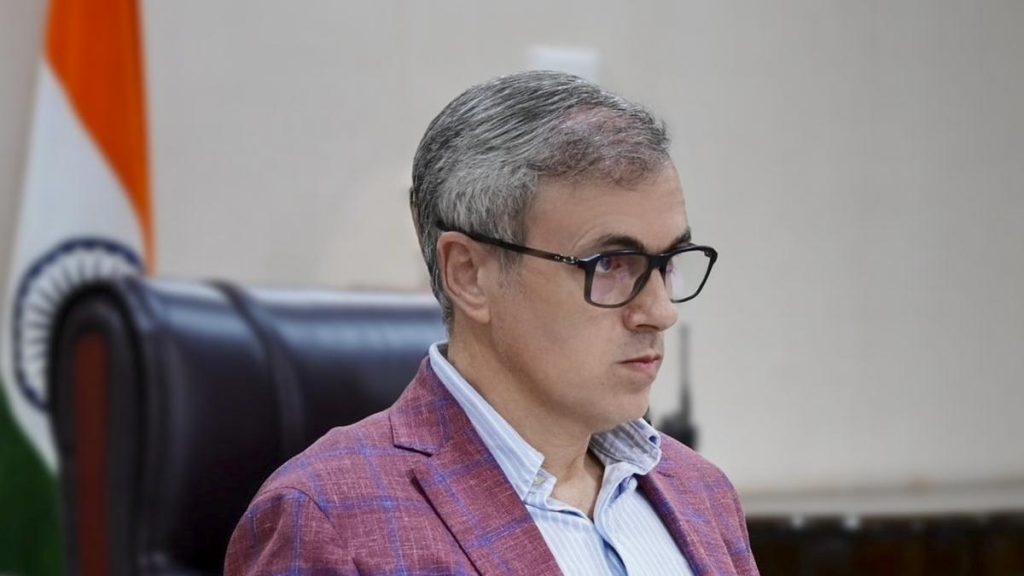Now Reading: Traits That Unite Optimists
-
01
Traits That Unite Optimists
Traits That Unite Optimists

Rapid Summary
- Researchers, led by kunio Yanagisawa from Kobe University, japan, studied teh neural distinctions between optimists and pessimists.
- The study involved 87 healthy, married participants aged 25 to 44 who were tasked with imagining future scenarios while their brain activity was recorded via fMRI.
- Optimists had distinct neural patterns when visualizing positive versus negative scenarios. Pessimists displayed less consistency in their brain activation patterns.
- neural similarities among optimists were strongest in the medial prefrontal cortex, critical for memory and decision-making.
- Findings suggest optimism at a neural level aligns with Tolstoy’s “Anna karenina principle”-happy individuals exhibit shared traits while unhappy ones vary significantly.
Indian Opinion Analysis
This research offers insights for india on mental health promotion and neuroscience. With optimism closely tied to positive mental health outcomes like success and well-being, fostering community-driven programs that encourage optimistic perspectives could benefit society deeply. Additionally, it highlights the role of advanced imaging techniques such as fMRI in decoding complex human behaviors-a field where India’s growing investment in neuroscience could pay dividends. Understanding optimism’s neurological basis may inspire policies focusing on education systems or awareness campaigns that emphasize hopefulness amidst challenges India faces socially and economically.

























